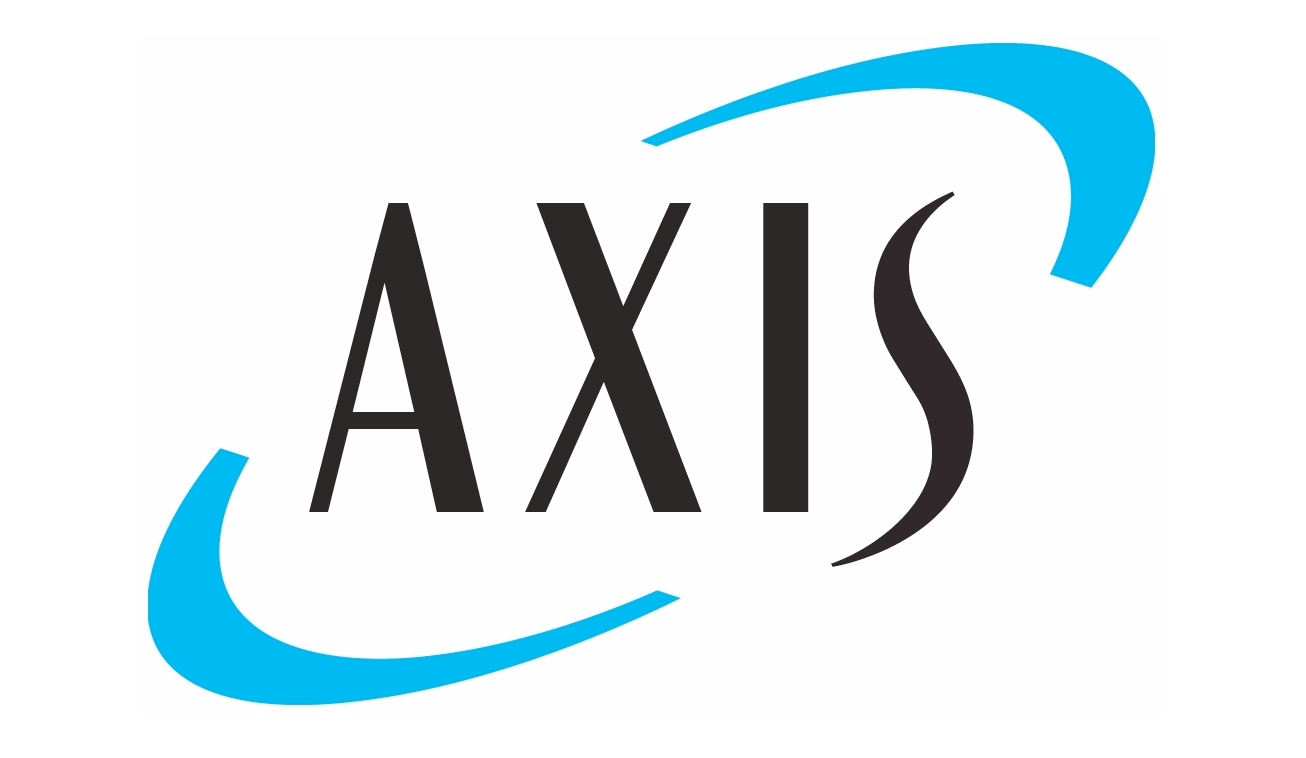Tax-saving investments are an integral part of managing personal finances, and health insurance is one of the most effective tools in reducing your tax liability. Not only does it provide financial protection for your health, but it also offers a significant tax benefit under Section 80D of the Income Tax Act in India.
In a country where medical expenses are skyrocketing, health insurance serves as a financial safety net for both individuals and families. But what many people fail to realize is that it also plays a pivotal role in helping them save on taxes. In this article, we will explore how you can save on taxes with health insurance, why it’s important, and how to maximize these benefits. So, let’s dive into the world of tax-saving strategies with health insurance!
1. Introduction to Tax Saving with Health Insurance
Why Tax Saving Matters
Tax saving isn’t just about finding ways to lower the amount you owe to the government; it’s also about maximizing your financial resources. By investing in tax-saving instruments, you can reduce your taxable income, lower your tax liability, and increase your overall savings.
Health insurance is one such tool that not only safeguards your health but also allows you to enjoy tax deductions under Section 80D of the Income Tax Act. Given the rising healthcare costs, having health insurance is a wise move, and the added benefit of tax saving makes it even more attractive.
Role of Health Insurance in Tax Savings
Health insurance premiums offer significant tax relief, making them a win-win for both health and finances. The tax benefits vary depending on the type of coverage, the insured party, and the amount paid. Whether it’s an individual plan, family coverage, or insurance for senior citizens, each plan comes with its own set of tax-saving advantages.
2. Tax Benefits Under Section 80D of the Income Tax Act
Overview of Section 80D
Section 80D of the Income Tax Act is dedicated to providing tax benefits for premiums paid towards health insurance policies. The main purpose of this section is to encourage people to invest in health insurance, ensuring they are financially protected in case of illness while also providing them with tax relief.
Eligibility and Limits for Tax Deduction
Under Section 80D, taxpayers are allowed to claim deductions on premiums paid for health insurance policies, including policies for themselves, their family, and even their parents. The limit for these deductions depends on the age of the insured and the type of policy.
3. How Health Insurance Premiums Lead to Tax Savings
Individual Health Insurance Policies
If you’re paying premiums for your own health insurance, you can claim a deduction of up to ₹25,000 under Section 80D. This applies to individuals below 60 years of age. If you are a senior citizen (above 60 years of age), this limit increases to ₹50,000.
Family Health Insurance Policies
For family health plans, the tax benefits extend to your spouse, children, and dependent parents. If you buy a family floater plan, you can claim a deduction on premiums paid for the entire family, including your children. The same limits as individual policies apply, with a higher limit for senior citizens.
Senior Citizen Health Insurance Policies
If you are paying premiums for a senior citizen (your parents), the maximum deduction limit is ₹50,000, irrespective of whether the policyholder is yourself or your parents. This provision is designed to help ease the financial burden of healthcare for senior citizens, who are more likely to require medical treatment.
4. Tax Benefits for Different Types of Coverage
Coverage for Yourself
The most straightforward tax saving comes from having a health insurance policy for yourself. This ensures that your medical expenses are covered while also providing tax benefits under Section 80D.
Coverage for Your Family (Spouse, Children)
If your health insurance policy covers your family, you can claim tax deductions for the premiums paid on behalf of your spouse and children. This makes it an excellent way to protect your entire family while also saving taxes.
Coverage for Parents
In case you are paying premiums for your parents, you can claim a higher deduction limit. This is especially beneficial if your parents are senior citizens. With healthcare costs rising, this provision is a great way to ensure your parents are covered without worrying about medical expenses.
5. How Much Can You Save on Taxes with Health Insurance?
Understanding the Limits on Tax Deductions
Here’s how you can calculate your tax savings:
-
For individual health insurance: Up to ₹25,000 for individuals below 60 years, ₹50,000 for senior citizens.
-
For family health insurance: Similar limits apply for your spouse and children.
-
For parents: Up to ₹25,000 for non-senior citizens and ₹50,000 for senior citizens.
For example, if you are below 60 and paying ₹20,000 in premiums for yourself and ₹15,000 for your parents (who are senior citizens), your total tax deduction would be ₹35,000. This reduces your taxable income by ₹35,000, leading to a reduced tax liability.
Example of Tax Savings
Let’s say your annual income is ₹7,00,000, and you claim a tax deduction of ₹35,000. This reduces your taxable income to ₹6,65,000, and you pay tax only on this reduced amount, effectively lowering your overall tax liability.
6. Maximizing Your Tax Savings with Health Insurance
Using Health Insurance to Its Full Potential
Maximizing your tax savings involves making full use of Section 80D. This means insuring yourself, your spouse, your children, and your parents. By purchasing a comprehensive health plan that covers multiple family members, you can optimize the available deductions.
Combining Health Insurance with Other Tax-saving Instruments
While health insurance is an excellent tool for tax saving, you can combine it with other tax-saving instruments like PPF, NPS, and ELSS to reduce your overall tax burden. By diversifying your investments, you not only protect your health but also secure your financial future.
7. Benefits Beyond Tax Savings: Why Health Insurance is a Wise Investment
Financial Protection Against Medical Emergencies
Beyond tax savings, the most significant benefit of health insurance is the financial protection it offers in case of medical emergencies. Health insurance covers hospitalization expenses, surgeries, doctor visits, and medications, ensuring you don’t have to bear the full cost of medical care.
Peace of Mind and Emotional Well-being
The peace of mind that comes with having health insurance cannot be overstated. Knowing that you are covered in case of unexpected medical expenses allows you to focus on recovery rather than worrying about how to pay for treatment.
8. Common Myths About Tax Saving with Health Insurance
Debunking Misconceptions About Health Insurance and Taxation
-
Myth 1: Health insurance is only useful if you are sick.
Fact: Health insurance helps you cover costs even for regular health checkups, preventive care, and emergencies. -
Myth 2: Health insurance premiums are not deductible if they are paid through a third party.
Fact: As long as you are the policyholder, premiums are eligible for tax deductions.
9. How to Claim Tax Deductions for Health Insurance Premiums
Step-by-Step Process for Claiming Deductions
-
Keep all receipts and payment records for your health insurance premiums.
-
Fill in the relevant details in your Income Tax Return (ITR) form.
-
Under Section 80D, enter the total amount of premiums paid for yourself, your family, and your parents.
-
Ensure that the total amount is within the eligible deduction limits.
-
Submit your tax return and enjoy your tax savings!
Necessary Documents for Tax Filing
Make sure to have the premium receipts, policy details, and any proof of senior citizen status if applicable.
10. The Future of Health Insurance and Tax Savings
Upcoming Changes in Tax Laws
Tax laws may continue to evolve, and there could be further benefits introduced for health insurance coverage. It’s important to stay updated on changes in tax regulations to maximize your deductions.
How Health Insurance Will Continue to Offer Tax Benefits
As healthcare costs continue to rise, it’s likely that the government will continue to incentivize health insurance coverage, making it an even more valuable tool for tax savings.
Conclusion: The Dual Benefit of Health Insurance
Health insurance isn’t just a smart move for your health; it’s also an effective tax-saving strategy. With the deductions available under Section 80D, you can save on taxes while ensuring that you and your family are financially protected against medical emergencies. Don’t wait until the last minute—invest in health insurance today and start reaping the benefits both for your health and your finances.
FAQs
1. Can I claim tax deductions on health insurance premiums?
Yes, under Section 80D, you can claim tax deductions on premiums paid for yourself, your family, and your parents.
2. How much can I save in taxes with health insurance?
The maximum tax deduction is ₹25,000 for individuals below 60 years and ₹50,000 for senior citizens.
3. What are the benefits of buying health insurance for my parents?
In addition to ensuring their health and well-being, buying health insurance for your parents can give you a tax deduction of up to ₹50,000.
4. Does health insurance offer tax benefits for pre-existing conditions?
Yes, you can still claim tax deductions for premiums paid for health insurance that covers pre-existing conditions.
5. How do I claim health insurance tax benefits?
Simply include the premiums paid under Section 80D in your income tax return, and provide the necessary documents to support your claim.
Please don’t forget to leave a review.


